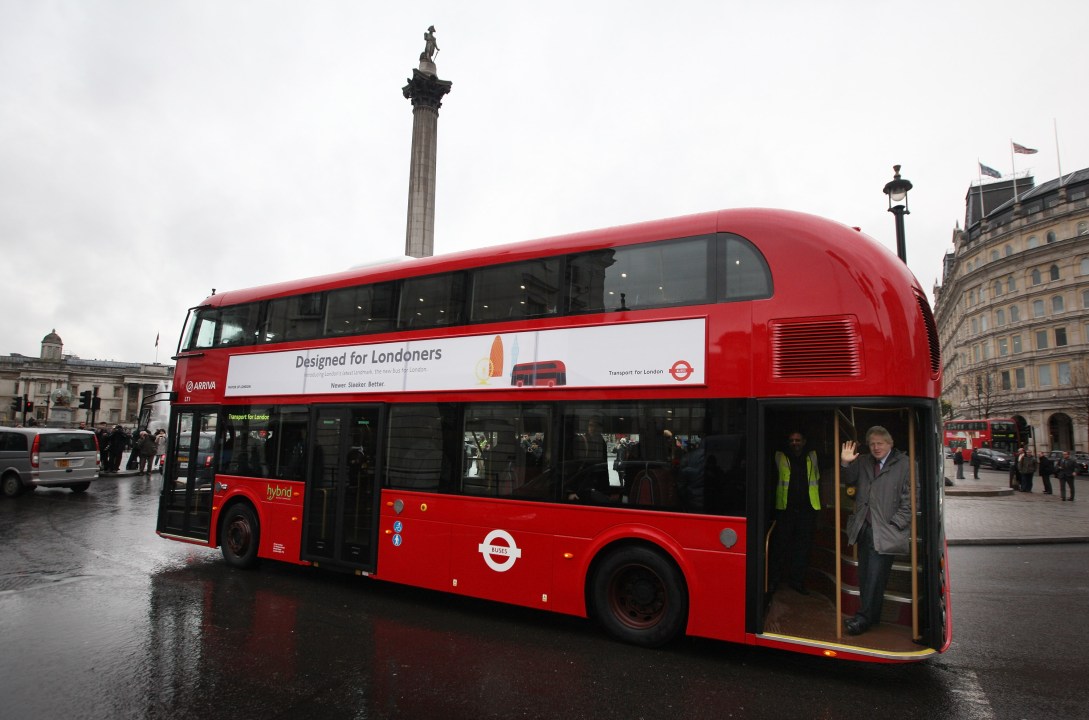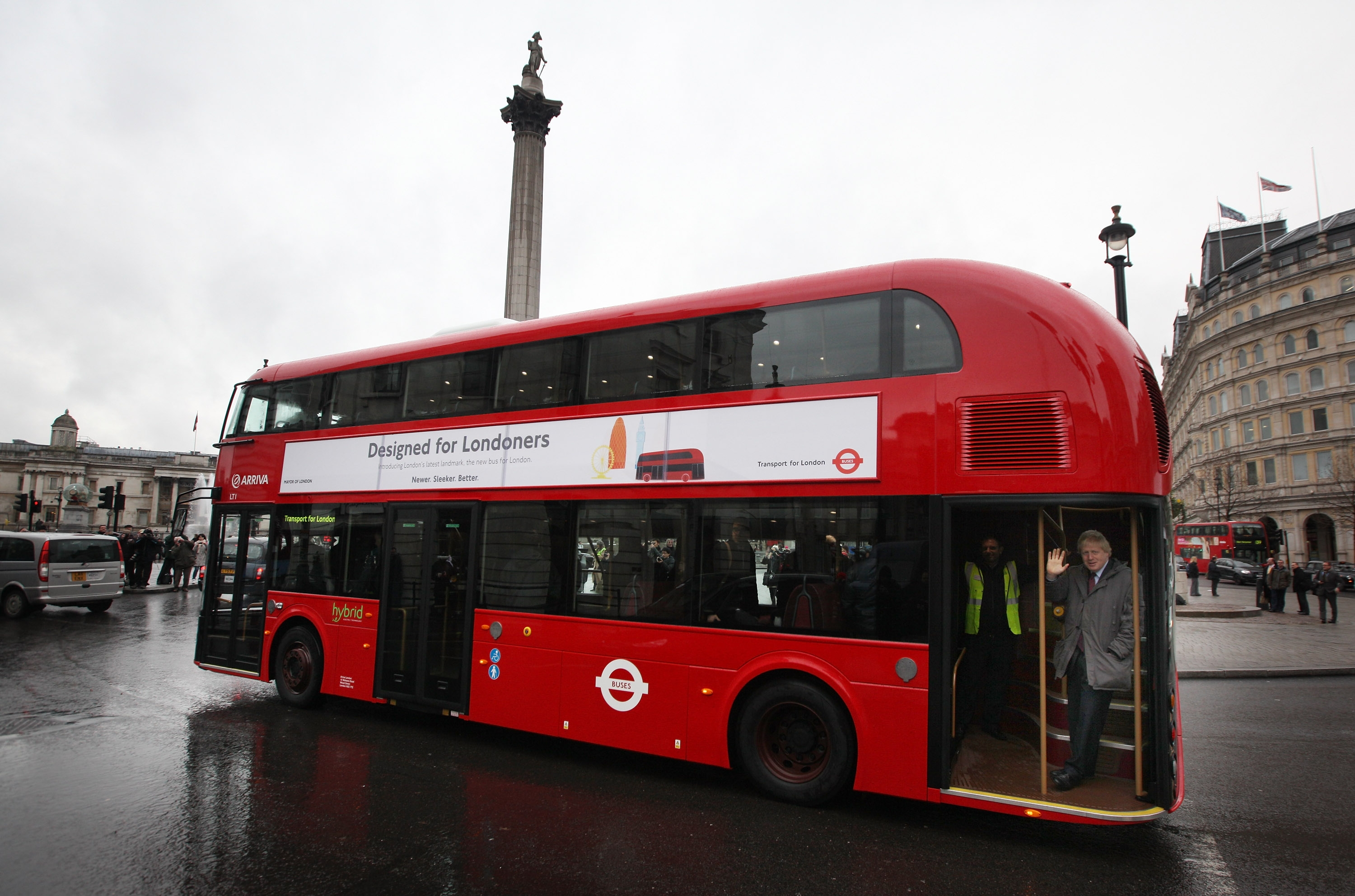My mother’s father, Sir Richard Paget Bt, was not just an old-fashioned Somerset landowner but also an amateur scientist, artist and musician of boundless energy and curiosity, whose achievements included the writing of a book on the origins of human speech, the invention of a sign language for the deaf, the hand-crafting of musical instruments, and the composing and publication of various long-forgotten songs. And he was always propounding bizarre theories that he liked to test by using his children as guinea pigs, however hazardous this might be for them.
At some point during the first world war, when my mother was a teenager, he was with her on a bus in St James’s Street — one of those buses that had an open platform at the back — and told her that when a bus was going at a certain speed, and provided you kept your body ramrod straight, you could fall horizontally backwards off the platform and then find yourself blown vertical and running gaily along the road. Announcing that the bus was now going at exactly the right speed, he successfully accomplished this feat himself and then shouted at her to do the same. When she hesitated, he abused her for being ‘lily-livered’; so she plucked up her courage and fell. But she fell in too crumpled a manner, so ended up lying on the ground with a broken arm.
For many years such an experiment has been impossible, but this week Boris Johnson has been writing in the Daily Telegraph that buses with open platforms are about to return to London with a vengeance. After a long wait, his promised replacement for the much-mourned Routemaster is about to arrive ‘en masse’, taking over Route 24 from Pimlico to Hampstead Heath. By 2016, he writes, there will be 600 of them on the streets of London.
The Mayor does not recommend my grandfather’s kind of irresponsible behaviour; he says you shouldn’t get on or off a bus while it is moving and that ‘you should look around to see that there aren’t any motorbikes or cycles approaching’. But he celebrates the fact the people will again be free to get on and off buses between stops, even though this involves some risk: ‘It is, as far as I know, one of the few recent examples of a public policy that actually gives back, to sentient and responsible adults, the chance to take an extra risk in return for a specific reward.’
For the first time this made me think that Boris Johnson, despite his buffoonery, might be a better leader of the Conservative party than David Cameron. For while Cameron has been infuriating his party’s activists with his needless advocacy of such things as gay marriage and wind farms, Johnson has adopted a policy that must warm the cockles of every Tory’s heart. It is a plan not for change, of which most Conservatives are naturally suspicious, but for turning the clock back. And it is also a welcome kick in the teeth for ‘Health and Safety’.
I wonder if it wasn’t so much the miners who lost Edward Heath the second election of 1974 as his county boundary changes earlier in the year, which had outraged many Tories but especially my mother, who in late middle age had moved back to Somerset, the county of her birth and upbringing, only to find that she was suddenly living in a new county called Avon. So she had to move again, further south, to be in the county she had wanted. Subsequent measures undid some of the changes, abolishing Avon and restoring Rutland, for example, but it is interesting that nearly 40 years on, the pain is still felt, as shown by a recent correspondence in the Daily Telegraph, begging for the return of the Vale of the White Horse to Berkshire from Oxfordshire. ‘Prior to this act of cultural vandalism,’ wrote Nikolai Tolstoy, ‘the Thames had constituted the county boundary since Saxon times.’
I feel sorry for David Cameron all the same. He has to hold his coalition together while suffering attacks both from Europe-hating party activists and from old party grandees such as Lord Lawson and Lord Howe. Whether or not the current Conservative élite regards the former as ‘swivel-eyed’, all previous party élites certainly looked upon them in that sort of way. In an interview in Monday’s Telegraph the former foreign secretary Lord Carrington, now 94, said he hoped Cameron would survive the current storm but added: ‘You know what the Conservative party is like.’ His interviewer, Peter Oborne, asked him if it had got worse since his day. ‘Even worse,’ he replied. Even so, there must be some policy Cameron could adopt that would make the Tories love him a little more.







Comments